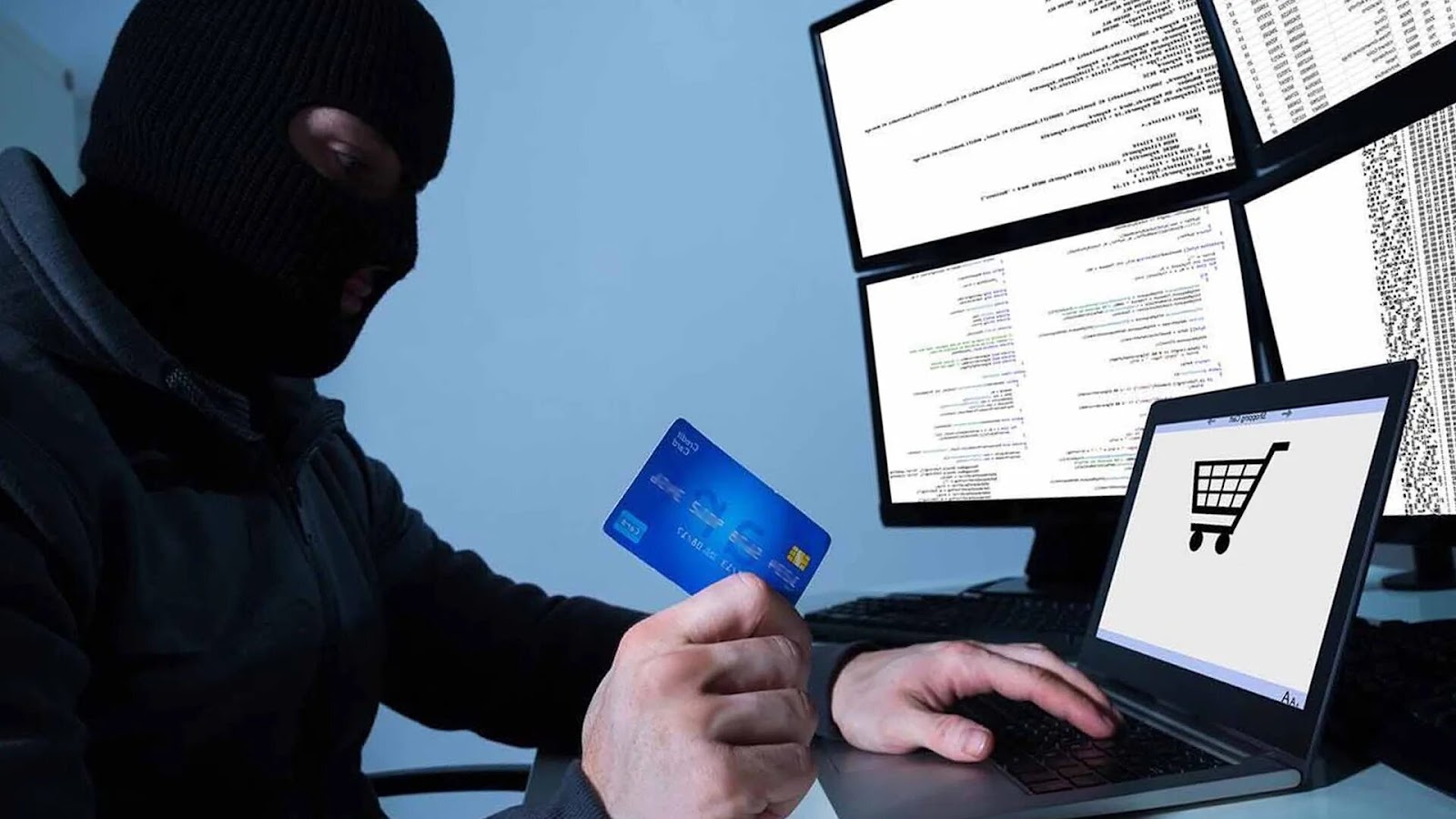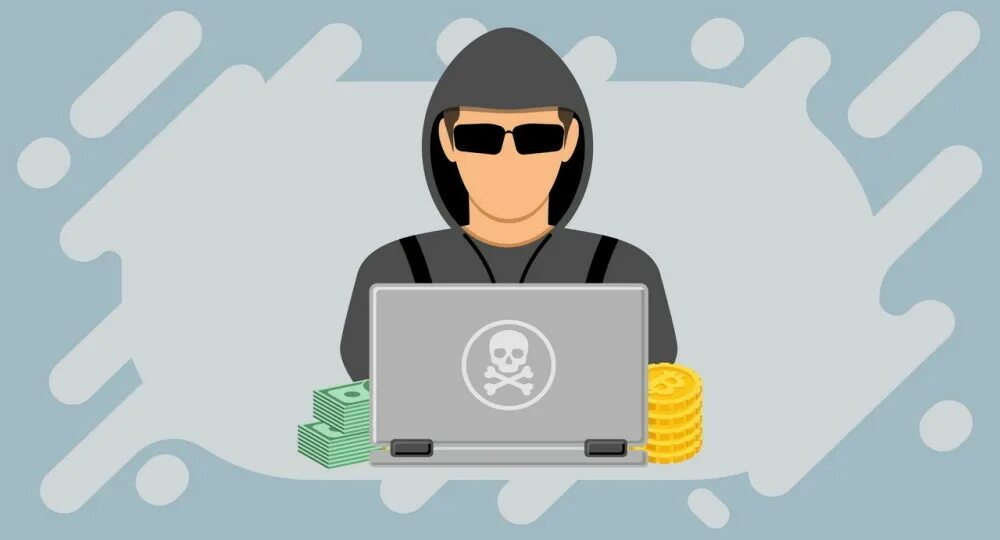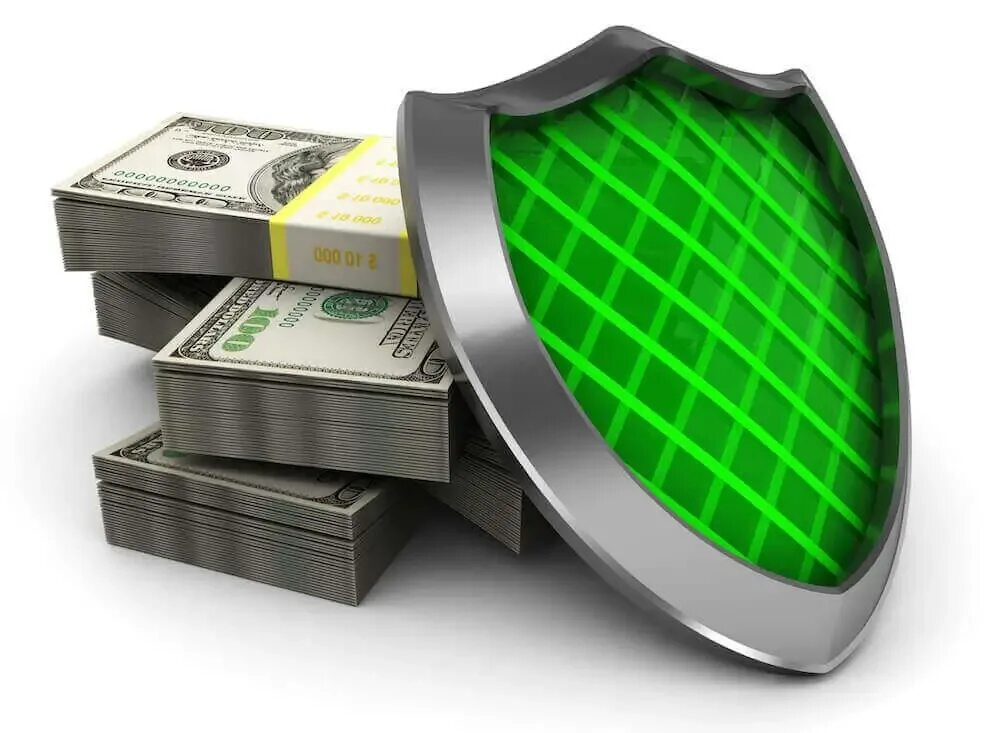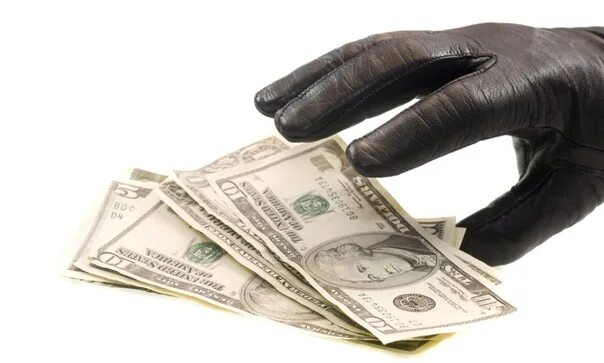How Prepayment Fraud Works
Prepayment fraud is one of the most common types of internet scams. The essence of the scheme is to make the buyer transfer money for a product or service that does not actually exist. Fraudsters use various tricks to create the appearance of a legitimate deal. They may offer enticing discounts, fake promotions, and also persuade the buyer to make a prepayment, supposedly to reserve the product or service.
The most common form of prepayment fraud occurs through online stores and private ads. Victims are those who are looking for cheap goods or services and do not think about the risks associated with paying in advance.
The scheme of fraudsters' actions includes several stages:
- Attracting attention. Fraudsters post enticing offers with favorable conditions on marketplaces, forums, or social networks.
- Coercion to prepay. To guarantee the deal, the buyer is offered to make an advance payment, either to reserve the product or to pay for delivery.
- Loss of contact. After receiving the prepayment, the seller disappears, and the buyer does not receive the product, service, or even a refund.
This type of fraud has many variations, but the main goal is always the same — to get money without intending to fulfill obligations.

How to Recognize Fraudsters
It is not always easy to distinguish a fraudster from a reliable seller, especially when scammers create professional-looking websites or ads. However, there are several signs that should alert the buyer:
- Excessively low price. If an offer looks too good to be true, it probably is a scam.
- Demand for prepayment. Reliable sellers usually offer payment after receiving the product or service, not before.
- Lack of contact information. When a seller hides their contact details or does not provide company information, this is a clear sign of fraud.
- Fake receipts or contracts. Fraudsters may send fake payment confirmations to create the appearance of a legitimate deal.
If such signs are present, it is worth refusing the deal and looking for a more reliable seller.

How to Protect Yourself from Prepayment Fraud
You can prevent losing money on prepayment by following a few simple recommendations:
- Check the seller's reputation. Use independent sources to find reviews and information about the company or person you want to deal with.
- Beware of suspiciously low prices. When the price of a product is significantly lower than the market price, this is often a sign of fraud.
- Use secure payment methods. Payments through secure services like PayPal or credit cards with chargeback options can help recover money in case of fraud.
- Do not transfer money to personal accounts. It is safest to pay for the product through official channels, not to individuals' accounts.
- Request documents and confirmations. Before paying, make sure there are official documents from the seller, such as legal information or company details.
Additionally, it is important to remember that the largest scams often occur through popular internet platforms where fraudsters post fake ads. For additional safety, it is important to always carefully check information about the seller, especially if the product or service raises doubts.

What to Do If You Fall for Prepayment Fraud
If you have become a victim of fraudsters and transferred money, it is important to take steps as quickly as possible to recover funds and minimize damage:
- Contact the bank. If the payment was made via a credit card, you can try to dispute the transaction by contacting the bank.
- Report the fraud. File a complaint on the platform through which the payment was made. You can also contact the police if the damage amount is significant.
- Seek help from lawyers. In some cases, legal assistance can be useful for recovering money or filing a lawsuit in court.
- Warn other buyers. It is important to talk about the fraudsters by leaving a review on the website or social networks so that other users do not fall victim to the same scam.
By following these recommendations, you can avoid serious losses when shopping online and be more confident in your actions when making prepayments.

Conclusions
Prepayment fraud is not just a financial threat, but also psychological pressure on the buyer. Fraudsters use various manipulation techniques to make the victim pay for a non-existent product or service. However, by following simple safety recommendations and checking sellers, you can minimize risks and avoid falling into fraudsters' traps. It is important to remember that suspicious offers and too low prices are red flags that should alert every buyer.
 >
>